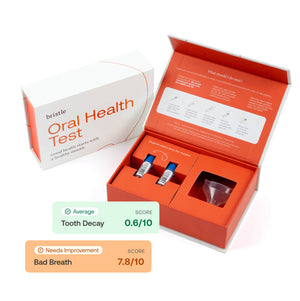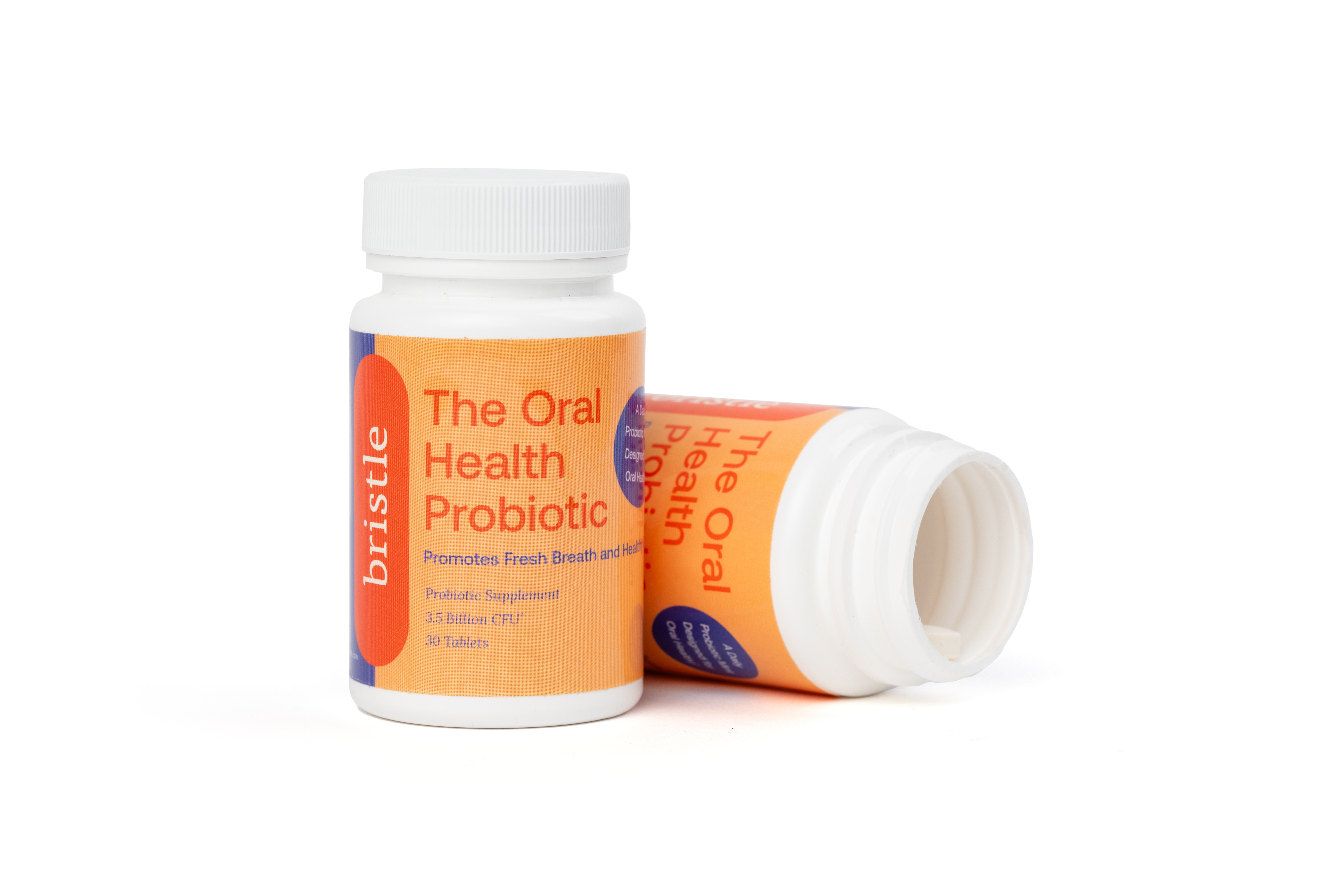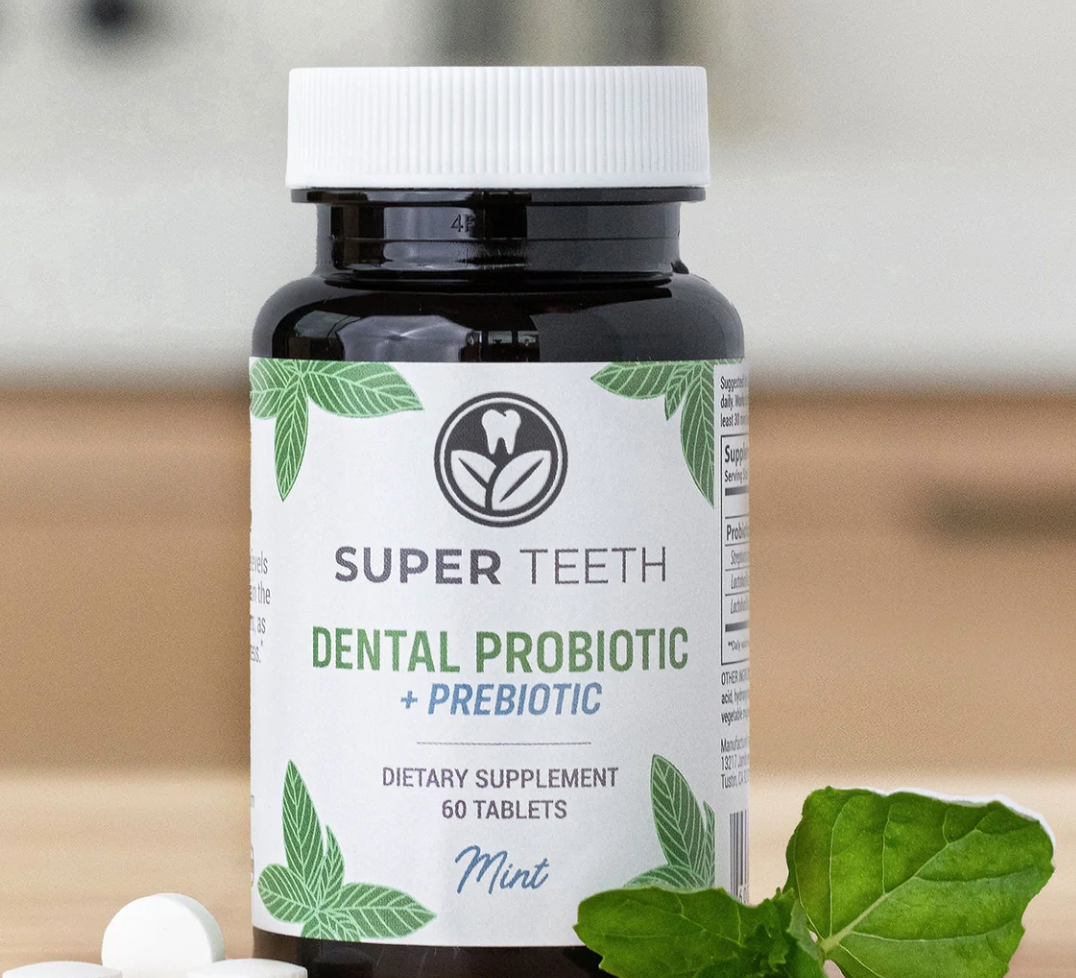The Study
High-Level Acquisition of Maternal Oral Bacteria in Formula-Fed Infant Oral Microbiota
Where: Kyushu University, Fukuoka, Japan
Published: 2022 April, mBio
The Takeaway
Infants acquire bacterial strains from the oral microbiome directly from their mothers’ oral microbiome. Oral microbiome transmission from mother to infant is influenced by method of feeding, with formula-fed babies having more similar microbiomes to their mothers than breast-fed babies.
What it looked at
444 mothers and 448 infants had their oral microbiomes sequenced by (full-length 16s Pacbio sequencing), and mothers were asked to share metadata around method of delivery, antibiotic use, and method of feeding. 57.2% of the infants were exclusively breastfed, 13.5% were exclusively formula-fed, while the remaining were fed with both breastmilk and formula.
What it found
The bacterial strains in a maternal oral microbiome are transmitted directly to their infants. The composition of the oral microbiome in infants was influenced greatly by the method of feeding (either breast-fed or formula-fed). The oral microbiome of formula-fed infants matched the oral microbiomes of their mothers closely. However, the oral microbiome of breast-fed infants was much less similar to the oral microbiomes of their mothers.
Why It Matters
Maternal oral health has been shown to impact colonization of infants, and P. gingivalis colonization was highly correlated with maternal periodontal disease (1). This recent study suggests that breast-feeding may prevent colonization by maternal periodontal pathogens. It is likely that components of breastmilk such as antibodies and antimicrobial peptides may influence transmission and infant colonization.
Another study demonstrated that untreated maternal caries increases the risk of caries in children (2), likely due to transmission of cariogenic bacteria. This study might suggest that breastfeeding could reduce the risk of cariogenic bacteria transmission, and eventually disease, though this has yet to be shown.






